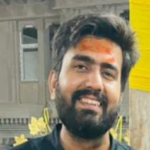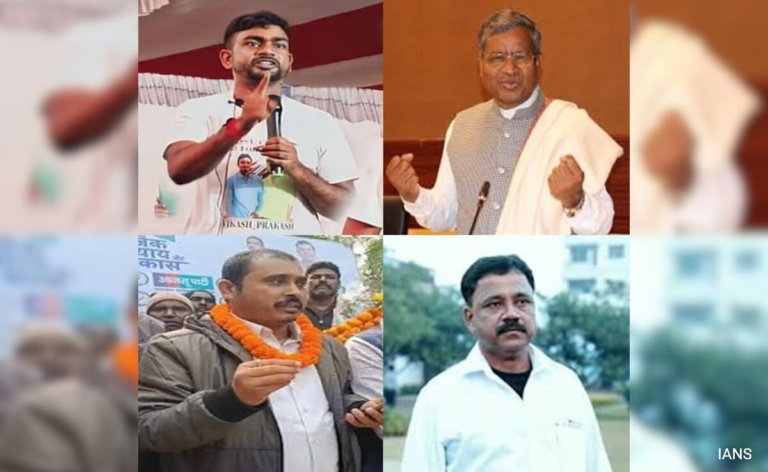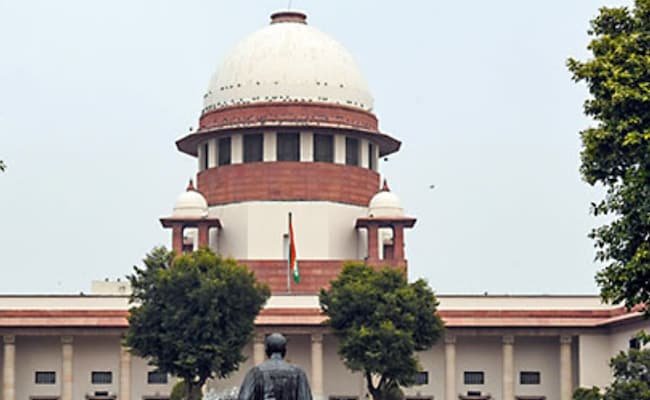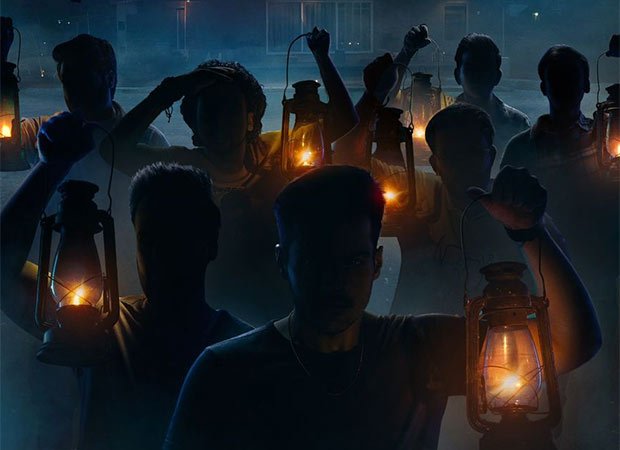
What is love in a world of winning and losing? For Novak Djokovic — winner of 24 Grand Slams — love is all that is missing in a career filled with success of every kind.
His journey, much like the Mumbai monsoon, rages on—a battle to secure his place in a realm besotted with the artistry of Roger Federer and the athletic prowess of Rafael Nadal. Djokovic’s persistence, however, has taken him beyond the confines of time and generations, propelling him to a place where no man has set foot.
Possessor of NextGen evolutionary competitiveness, Djokovic — unfairly, for long, treated as a footnote in the tripartite rivalry between Federer, Nadal and him — has shed the cardinal human sin of wanting validation. The raucous crowd cheered his errors with unholy glee; their unabashed borderline animosity unwittingly fuelled his ascent. The negative energy channelled into a positive force through his play.
He goads the crowd to hate him, mimicking the telephone gesture of young home favourite Ben Shelton after comprehensively beating him in this U.S. Open semifinal. Then there were the sarcastic claps after his recent Wimbledon final defeat to Carlos Alcaraz.
“I know how that feels, you know, regarding the crowd and support and everything. With that on my mind, I came on the court aware that this is going to be the reality. There is not much I can do about it,” he had said after seeing off the challenge of Federer and his legions to win his 10th Grand Slam at the Arthur Ashe Stadium in 2015.
READ: Simona Halep banned for four years for anti-doping rule violations
That night — in the Temple of Roger — he had insulated himself from everything that was happening around him, saving 19 of the 23 break points, to pull off one of the greatest Grand Slam final victories — a 6-4, 5-7, 6-4, 6-4 win in three hours and 20 minutes.
Again, at the Arthur Ashe Stadium—the crowd perhaps finally warming to his talents with the retired Federer and the injured Nadal making way—Djokovic fought past a younger Daniil Medvedev, who tried his best to prolong the game by extending rallies, hoping to find a physical frailty in the 36-year-old’s frame.
But Djokovic served and volleyed, winning crucial points at the net, and in the longest set of the tournament—a 104-minute abrasive struggle—it was the Serb who showcased his resilience, navigating the waves of Medvedev’s relentless forehands with the deftness of a seasoned mariner. The defining moment came in the second set tiebreak, as the Russian looked good to mount a comeback. But Djokovic’s mental fortitude came into play, turning the tide with brilliant serving and steely resolve. The marathon set was his, and he sailed towards victory.
ALSO READ: US Open finalist Rohan Bopanna to join Davis Cup squad on Wednesday, says India captain Rajpal
As Djokovic paid homage to departed friend Kobe Bryant — ‘Mamba Forever’ emblazoned on his T-shirt — it was the psychic ability of Kobe that he once again channelled to mute the noise and overcome yet another challenge.
His quest for greatness has been fraught with controversies, from Covid vaccine debates to deportations, yet Djokovic’s unwavering determination has prevailed.
Djokovic, the protagonist, is defined not only by his on-court brilliance but also by his ability to do it all by himself. He does not need you in his corner, as he knows how to fight back when cornered.
Despite his 24th Grand Slam title, he may not always be the beloved champion, but he is the one who answers the call of destiny and defies age and adversity. In a world where champions come and go, Djokovic’s grip on the ‘Greatest of All Time’ title is well secured. Your love, while welcome, is hardly necessary.




